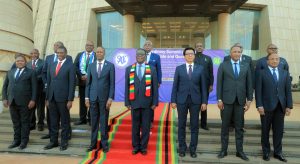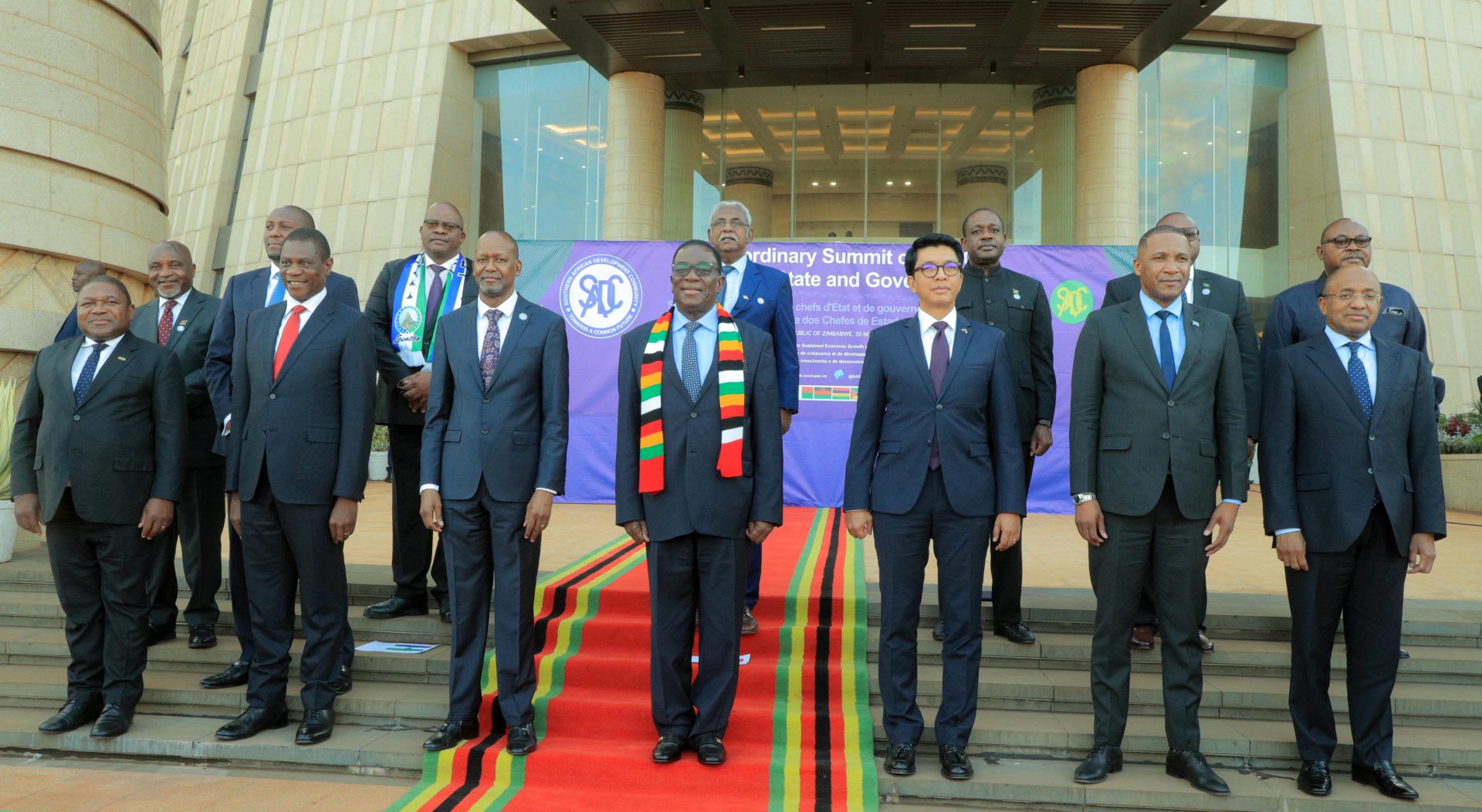By Ncaba Ntshakala
The Kingdom of Eswatini recently participated in the Southern African Development Community (SADC) Extraordinary Summit of Heads of State and Government, which brought together regional leaders,
ministers, and the SADC Executive Secretary to address pressing matters of peace, security, and governance across the region.
The meeting highlighted the collective commitment of SADC member states to regional stability and democratic principles, spotlighting both commendable achievements and persistent challenges.
The Kingdom was represented by Prime Minister Russell Dlamini who was also representing His Majesty King Mswati III.
RELATED: PM JOINS SADC LEADERS FOR EXTRAORDINARY SUMMIT
In a communique statement shared, the summit applauded the Republics of Botswana, Mauritius, and Mozambique for successfully conducting peaceful elections.
Special recognition was given to the orderly transfer of power in Botswana and Mauritius following elections held on October 30 and November 10, 2024, respectively.
Newly elected leaders, President Duma Gideon Boko of Botswana and Prime Minister Dr Navin Ramgoolam of Mauritius were warmly congratulated.
The statement expressed that the transitions were celebrated as exemplars of democratic integrity and political stability, reinforcing the region’s commitment to upholding governance standards.
Moreover, it was added that discussions then turned to the deteriorating security and humanitarian situation in the Democratic Republic of Congo (DRC).
Leaders expressed grave concern over the ongoing violence in eastern DRC, emphasizing the urgency of SADC’s continued support to the Congolese government in its quest for peace.
The Summit extended the mandate of the SADC Mission in the DRC (SAMIDRC) for an additional year to sustain regional efforts in stabilizing the volatile security landscape.
Reaffirming the SADC Mutual Defence Pact, leaders emphasized that an attack on one member state is deemed a threat to regional peace.

They commended the collective spirit of solidarity demonstrated by member states contributing resources and personnel to SAMIDRC.
Praise was also extended to SAMIDRC leadership and deployed personnel for their unwavering dedication and sacrifices toward restoring peace in eastern DRC.
Again, the statement shares that the summit acknowledged the collaborative efforts of the African Union Peace and Security Council and the United Nations Security Council, which continue to explore options to strengthen SAMIDRC’s operations.
Congolese President Félix Antoine Tshisekedi Tshilombo conveyed his gratitude to SADC for its swift support, further highlighting the contributions of Angolan President João Manuel Gonçalves Lourenço.
The latter was lauded for his mediation efforts through the Luanda Process, which has been pivotal in brokering a ceasefire between the DRC and Rwanda.
RELATED: SADC urges all registered voters to participate on September 29
However, concerns over ongoing violations of the August 4, 2024, ceasefire were raised, with a collective call for all parties to adhere to their obligations.
The summit urged enhanced coordination among stakeholders to achieve a sustainable resolution to the conflict, building upon the framework established at the 2023 Quadripartite Summit in Luanda.
During the summit, it was revealed that leaders also reviewed the post-election situation in Mozambique, where reports of violence had marred the political landscape.
SADC emphasized its dedication to working closely with Mozambique to ensure long-term peace and stability, extending condolences to families affected by the violence.
The summit concluded with expressions of gratitude towards Zimbabwean President Emmerson Mnangagwa, who hosted the meeting and emphasized the importance of regional cooperation.
His leadership as Chairperson of SADC was commended for strengthening unity and advancing the agenda of peace and security in southern Africa.


